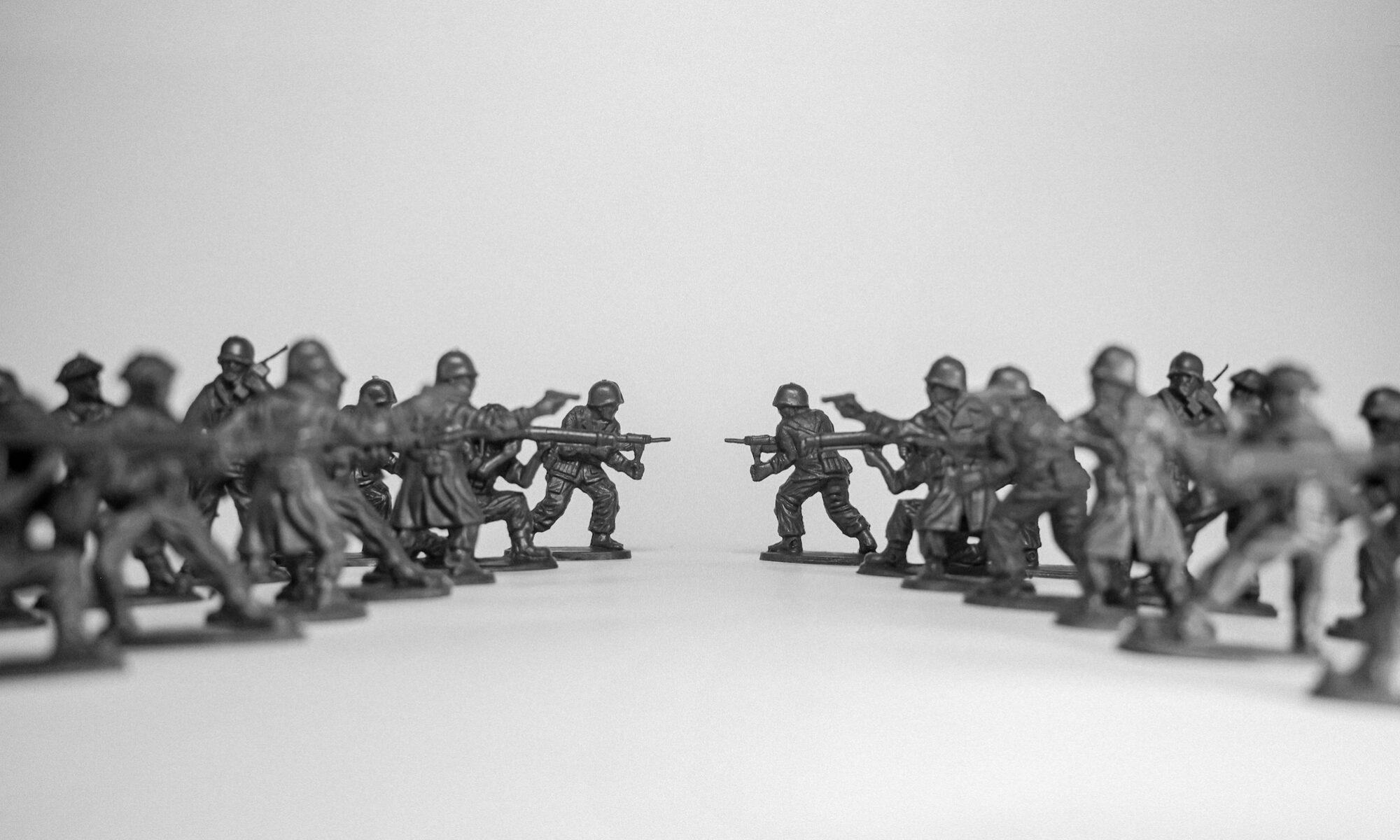[Welcome to our annual Guest Writer Series, a time in which we are intentional in listening to other voices. Know that AR may/may not agree with the perspective expressed. Know, too, that agreement is secondary to learning from others. Meet Guest Writer #10!]
* * * * *
Movies make you think, relate, and feel for the characters. They follow intriguing pathways that pull you into experiences you’ve never had before. Movies make me think too, mostly about why they were made in the first place.
I used to genuinely enjoy a good movie. I loved the classics, got excited for new releases, and appreciated a strong story. There wasn’t one moment that changed my mind, just a gradual drift. I watched the hero defeat the villain again, even after the villain won the first fight. I watched the couple fall in love, but only after a few obligatory arguments to make it seem like maybe they wouldn’t. The best word I can use to describe most movies now? Predictable. Almost every story that starts the same ends the same.
You might say, “It’s not about the destination; it’s about the journey.” I don’t completely disagree. But even the journeys start to blend together. The stakes, the twists, the emotional beats—it all starts to feel like déjà vu. Christopher Booker, along with other academics, argued that there are only seven basic storytelling structures: the Overcoming the Monster, Rags to Riches, The Quest, Voyage and Return, Rebirth, Comedy, and Tragedy. If you start looking for them, you’ll see those seven patterns everywhere. Characters and settings change. The tone might shift. But under the surface, it’s the same recycled structure dressed up in new costumes and CGI.
Sure, maybe that’s part of what people like about movies: the comfort of the familiar. But to me, it’s hard to invest in something when I know exactly how it’s going to unfold. There’s no tension, no uncertainty. Just a two-hour confirmation that things will turn out more or less how you expect.
Real life, on the other hand, is the opposite. You usually don’t get a heads-up about the plot twists. You don’t get a guarantee that the hero wins or that the couple stays together or that things even make sense. People lose jobs for no reason. Friendships fall apart out of nowhere. Bad things happen to good people. There’s no studio cutting the footage to make sure it all ties together nicely by the end.
Unpredictability feels like one of the few things consistent in life. While that might sound chaotic or exhausting, it also feels more honest. It gives even the smallest moments weight because you genuinely don’t know what’s coming next. A random phone call can change your whole day. A passing conversation can shift your perspective. A boring Tuesday can turn into something unforgettable for reasons you never saw coming. That kind of randomness is frustrating, yes, but also kind of magical.
Back in undergrad, I took a film class. Most of us did because the workload was light. The only real assignment was the final, for which we had to write a persuasive essay about a TV show. I picked Game of Thrones (dragons, magic, and all) and argued that it was one of the most realistic shows ever made. Why? Because characters died, even the important ones. The bad guys often won. The show’s realism came from its unpredictability. You didn’t know what was coming next. And frankly, real life is a lot more like that than most movies. (I got a 97% on that paper, for the record.)
Even with that appreciation, I wouldn’t say I love television either. But movies frustrate me more because of the time commitment. They usually run somewhere between 90 and 110 minutes. That’s a decent chunk of your day, and if the film turns out bad, you’ve just wasted two hours. If you’re in a movie theater, walking out rarely feels like an option. I’ve only seen it happen once, and I’ve never done it myself.
Imagine if I told you up front, “Hey, I’m going to waste 90 minutes of your life.” You probably wouldn’t say yes. Yet we walk into theaters all the time, not sure if we’ll like what we’re seeing. At the very least, we should check a few reviews first. It doesn’t guarantee anything, but it increases the odds that the movie might actually be worth your time.
When writing this, I figured I should try to be fair. Movies have been around forever, so I assumed they’re at least profitable. Turns out, most of them aren’t. Only about 30% to 40% of films turn a profit. That stat varies depending on who you ask and what variables they include, but still, most movies don’t make money. So why do people keep making them?
In short: blockbusters. A handful of massive hits earn so much that they offset the many money-losers released each year. That one franchise sequel with $800 million in global ticket sales can cover a lot of red ink. Profit doesn’t always equal quality, but it’s probably more reliable than the trailer when deciding what to watch on Netflix.
Still, even that can feel like a gamble. With how little free time most people have, movies ask for a lot: your attention, your emotion, your patience. And increasingly, they give back very little.
Now, to be totally transparent, I wrote most of this blog post while traveling—specifically, while sitting on a plane. And I’ll admit, there isn’t much else to do on a plane. So I put on a movie. I got bored pretty quickly and fell asleep less than halfway through.
That was my return on investment, which I fear movies rarely provide.
Respectfully…
JTA
